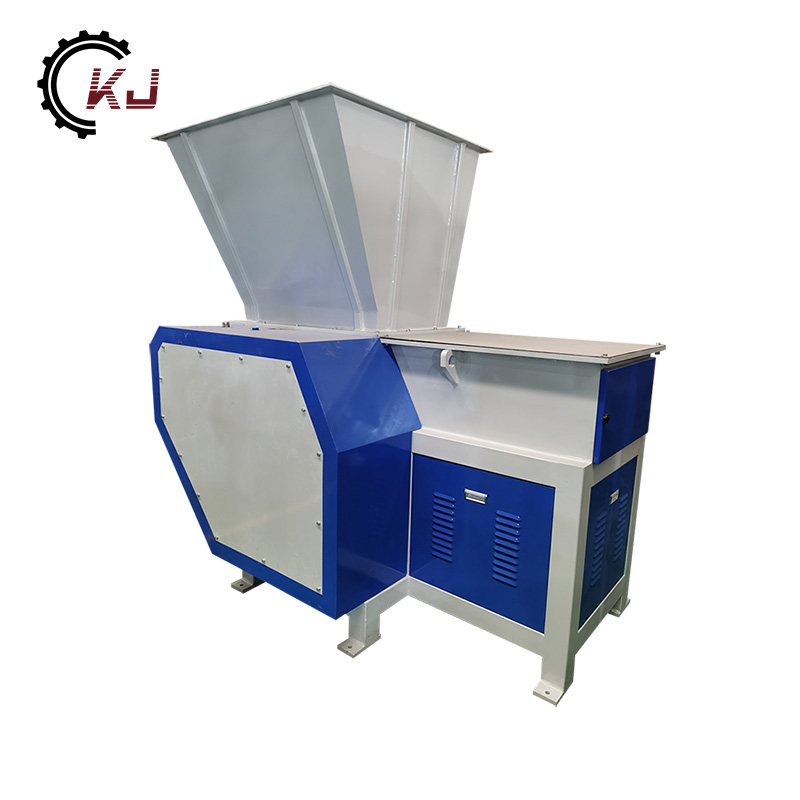Mastering the Art of Precision: Special Training Requirements for Operating Crusher Machines
2023-11-06
Industrial crusher machines, the workhorses of material reduction, are powerful tools with specialized functions. Operating these machines requires a specific skill set to ensure efficiency, safety, and optimal performance. In this blog, we will explore the special training requirements for operating crusher machines and why mastering the art of precision is crucial for success.
The Power and Precision of Crusher Machines
Before we dive into the training requirements, it's important to understand the significant role industrial crusher machines play in various industries. These robust devices are designed to reduce the size of materials, making them indispensable in sectors such as mining, construction, recycling, and more. Operating these machines efficiently and safely is essential to maximize their potential.
Special Training Requirements:
1. Equipment Familiarity: Operators must undergo thorough training to become familiar with the specific model and make of the crusher machine they will be operating. Understanding its components, controls, and safety features is crucial.
2. Safety Procedures: Safety is a paramount concern when operating crusher machines. Specialized training covers emergency procedures, safe startup and shutdown, and the correct use of safety features, such as emergency stop buttons.
3. Material Identification: Operators must be trained to identify the types of materials the machine will be processing, as different materials may require adjustments to the machine's settings or components.
4. Machine Calibration: Training includes learning how to calibrate the machine's settings to achieve the desired particle size or distribution. This requires a deep understanding of the crusher's controls and adjustments.
5. Maintenance Basics: Operators should be trained to perform routine maintenance tasks, such as lubrication, belt tensioning, and wear part replacements. They should also be aware of the importance of preventive maintenance.
6. Material Loading and Handling: Proper loading and material handling techniques are crucial to ensure efficient and safe operation. Training covers methods for material loading, conveying, and feed rate control.
7. Troubleshooting: Operators should be trained to diagnose and address common operational issues, such as material blockages, abnormal sounds, or wear part replacements. Quick problem-solving is essential to prevent downtime.
8. Environmental Awareness: Training may include awareness of environmental regulations, such as dust control and emissions management, and how to operate the machine in compliance with these regulations.
9. Emergency Response: Operators must be trained in emergency response procedures to address potential hazards, accidents, or unexpected shutdowns. This includes first aid and evacuation plans.
Certification and Ongoing Education:
To ensure that operators meet the necessary training requirements, many industries mandate certification programs. These programs typically involve written and practical exams to evaluate an operator's knowledge and skills. Ongoing education and refresher courses may also be required to keep operators up-to-date with the latest industry standards and best practices.
Manufacturer's Guidelines:
It's important to follow the manufacturer's guidelines for training, as they provide valuable insights into the specific requirements for operating their crusher machines. Manufacturers may offer training programs or recommend third-party training providers.
Conclusion
Operating crusher machines is a skilled task that demands precision, safety consciousness, and deep knowledge of the equipment and materials involved. Specialized training requirements are essential to ensure that operators can efficiently and safely operate these powerful tools. By mastering the art of precision through comprehensive training, operators can unlock the full potential of industrial crusher machines while ensuring the safety of both personnel and equipment.



